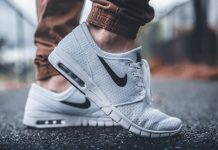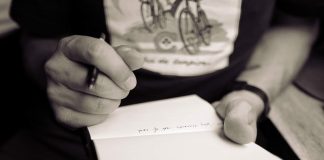
How many times have you found yourself fined for a ticket and have to find funds to pay it? Parking tickets may seem like small amounts but when combined, cities collect millions of dollars from these fines. For example, in 2015, the city of New York collected $1.9 billion in fees. People with low incomes, the disabled or elderly may end up paying insurmountable amounts over time over a single unpaid ticket. The DoNotPay bot may help change all this.
Joshua Browder created this robot to simplify the process of appealing for parking tickets. It works by asking the user a series of questions such as “Was it hard to understand the signs? Did you need to park for some emergency? Was the parking bay too small?” and so on. When the user identifies the problem, the robot then offers to generate an appeal. Although only available for New York and London drivers, DoNot Pay is getting a lot of attention by international media much to Browder’s delight. It has come a long way from what it originally was intended to be.
The idea developed because of a personal dilemma Joshua constantly found himself in when he was 18- getting parking ticket. Being unable to pay for them, he ended up becoming good at challenging and appealing them. Soon, his family and friends turned to him to advice on how to appeal for parking tickets. This gave him the idea of the bot that would make the process a lot easier.
VIDEO: Appealing Against a Parking Fine
Browder is now embarking on another feature of the bot- helping refugees navigate through foreign legal systems. He visions a bot that can translate Arabic and English and give refugees updated information on rights and laws in the country providing answers to legal questions. Another idea Browder has is developing a bot that could help travelers get reimbursements for late flights or a bot that helps HIV positive individuals understand disclosure procedures.
It is Browder’s vision that this technology will be available for people with low incomes and save them the need to hire a lawyer to get legal advice. He believes that technology can provide services for free in order for the disadvantaged to have access to things they wouldn’t be able to afford.
If Browder’s other inventions pull through, technology will finally be doing what it was created to do- make the lives of users easier.

































